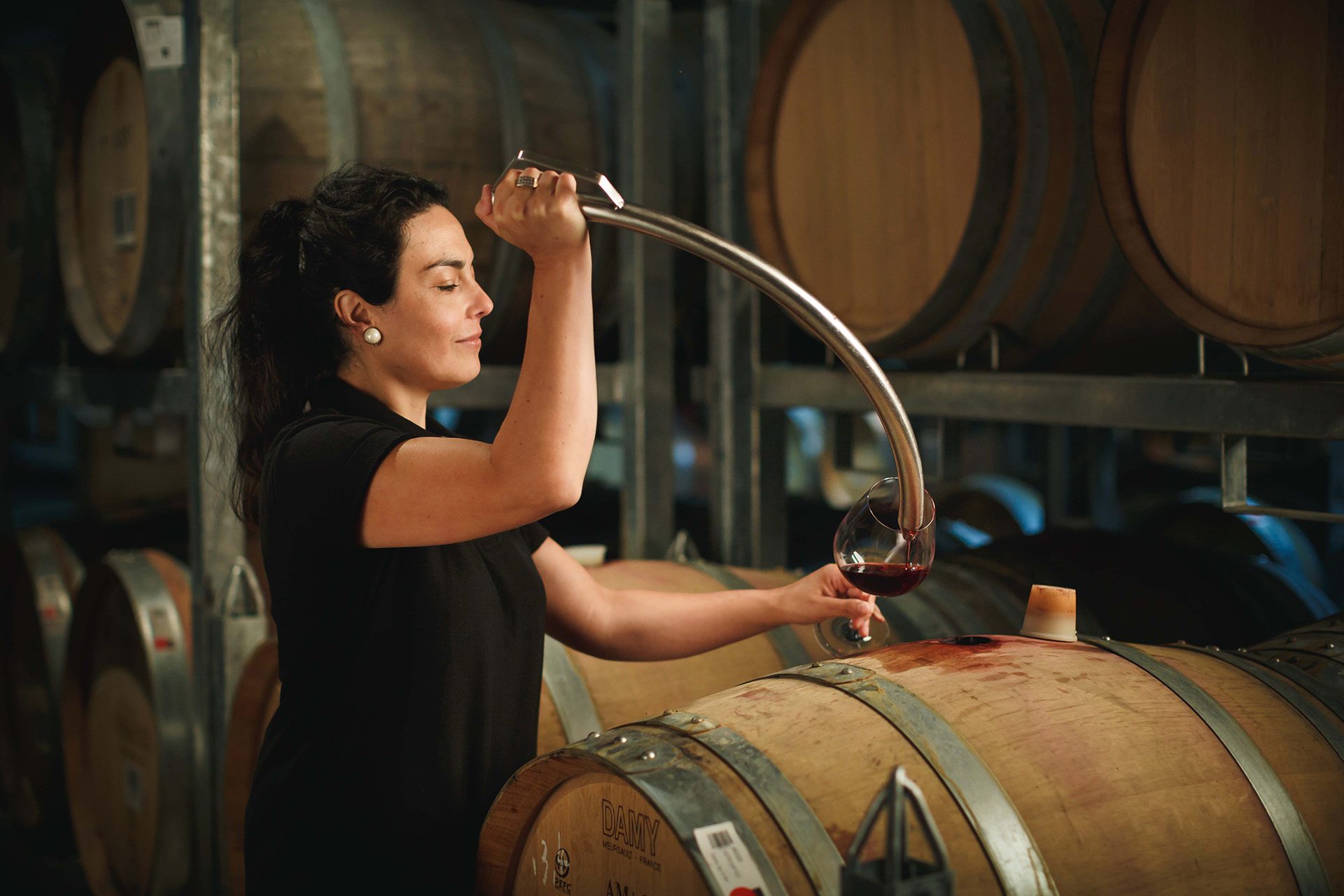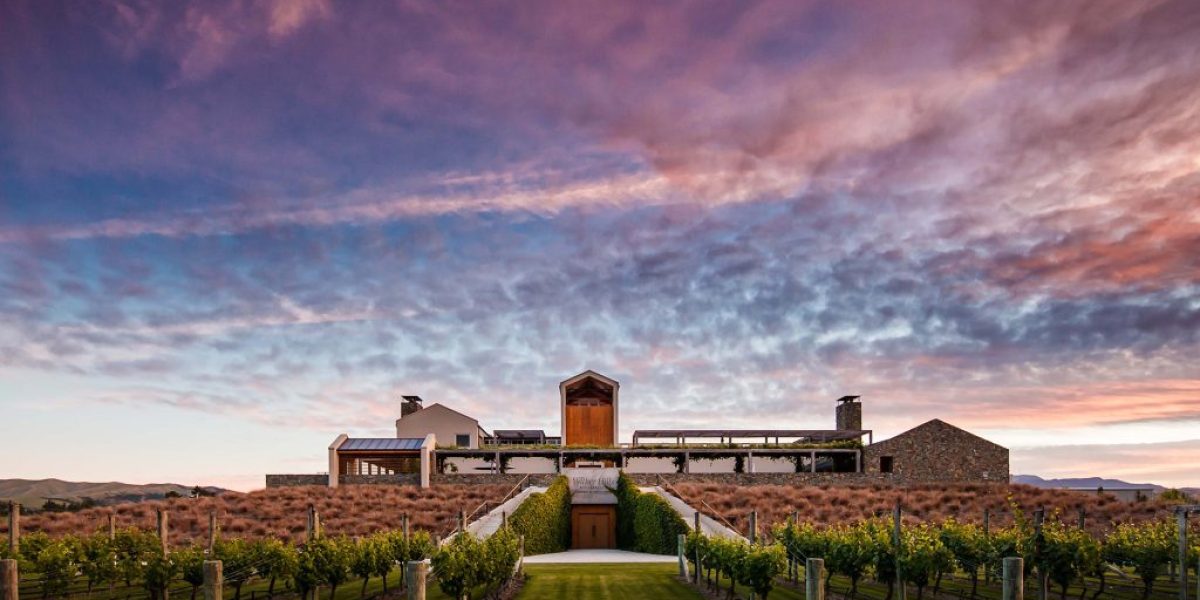Wither Hills: The World of New Zealand Wine
Chilean born Patricia Miranda-Taylor, winemaker at Wither Hills, has worked across eleven winemaking countries before settling in New Zealand. Using this unique global perspective, Patricia shares with us her views on what makes New Zealand wine so special and how we can further cement our position in the world.
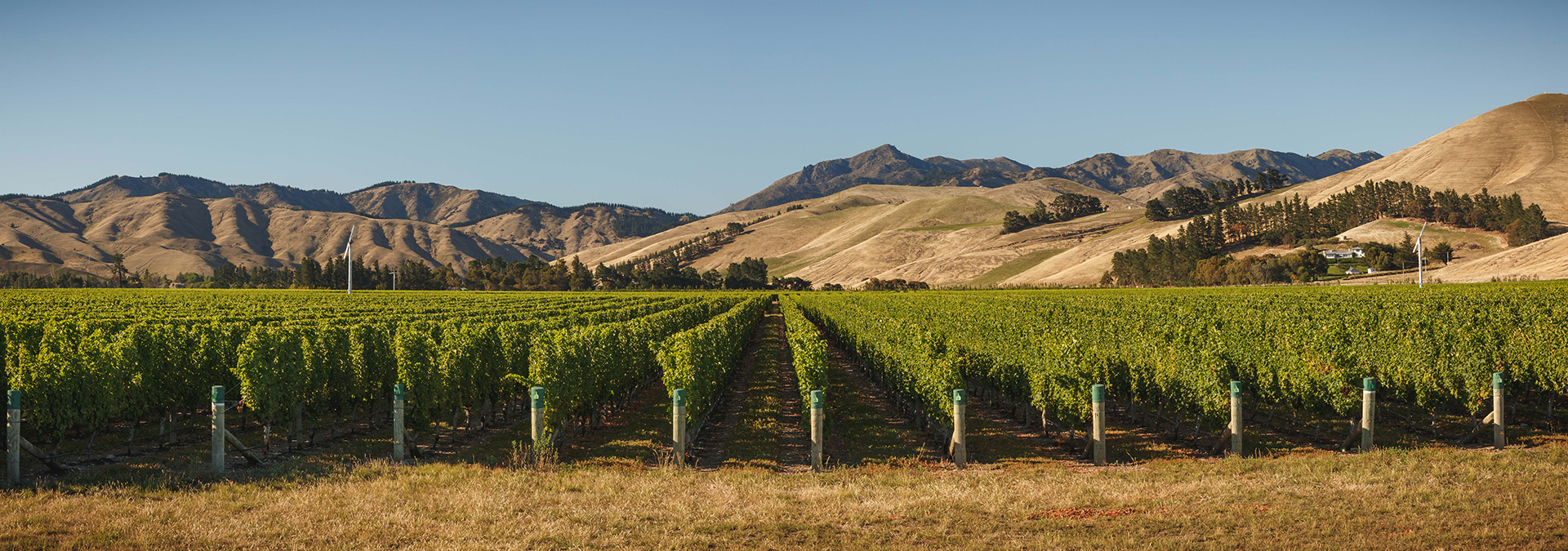
You have had winemaking experience from around the globe. What stands out to you about New Zealand’s approach?
There are several reasons the NZ wine industry is special and unique. Firstly, New Zealand has one of the best terroirs to grow grape varieties exceptionally, well with an outstanding flavour profile which equals outstanding wine quality.
Furthermore, the New Zealand wine industry is open-minded, innovative and agile, and also very supportive. There is good cooperation amongst companies within industry peers. I have made many friends over the years in the New Zealand wine industry, with people from all corners of the globe which have become lifetime friendships.
What things do you think we could leverage even more on a global stage?
The world of wine is fascinating. It is important to connect and tell our uniquely New Zealand stories to the globe. I believe New Zealand is a place people want to learn more about, and experience through our world class exports.
So, I’d like to see this more in the New Zealand wine industry – keep evolving to create an unmistakable New Zealand wine culture that can be lived, experienced and recognised domestically and internationally. A wine culture that is ingrained in all New Zealander’s DNA and reflects in our day by day lives.
Wine seems to be almost like a bottled essence of a place and time. In an age when our travels are restricted, do you think that products with strong terroir could become more important and what do we need to do in New Zealand to build on this?
Yes, I think having a sense of place is important, especially during these times. Luckily, we live in an era where we can connect socially online at an instant. The more visual experiences we can give our consumers overseas and connect our wines, vineyards, wineries, people and culture, the better. It will mean New Zealand will be the first place on their list of travel spots to visit when we return to some normality.
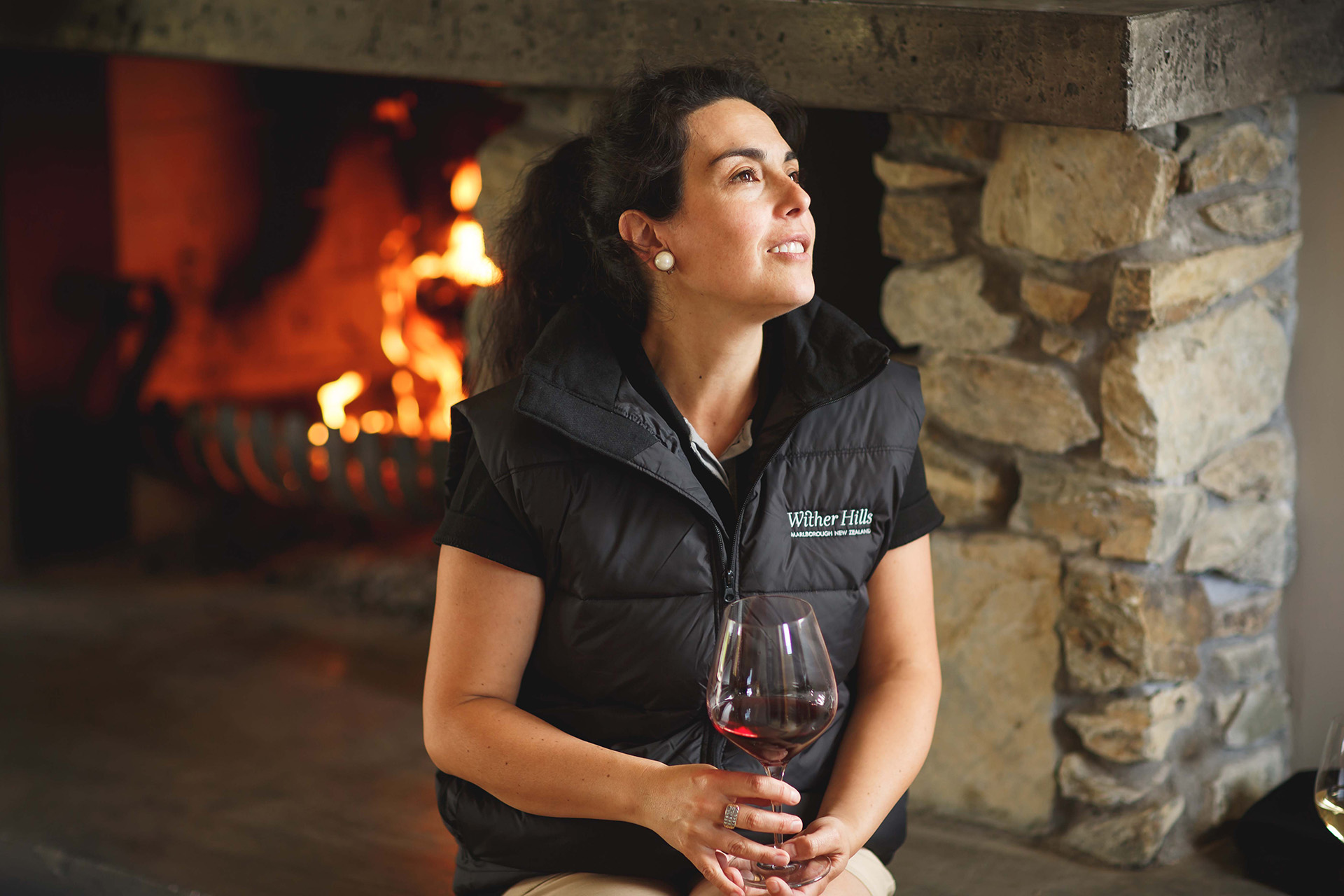
What are you noticing about market and flavour trends at the moment?
People still just love to search out and enjoy Marlborough Sauvignon Blanc, it is so distinctive. Rose is not just a summer drink, it is now a 365 days of the year style, and sparkling wines are suitable for any occasion.
More and more the consumer looks for what is perceived as a healthy option, such as low carb, low alcohol, Organic wines. Our job as winemakers to keep innovating, maintaining the best quality and flavours that the customers knows.
What was the moment you knew you wanted to be a winemaker?
After finishing my degree as an Agronomist/ an Agronomic Engineer speciality in Economics, I worked for the Central Bank of Chile. From there, I became interested in Viticulture and Oenology, which I also studied, and it seemed a dynamic industry to work in and one I could travel the world doing.
I was lucky to work for two years as a winemaker in Chile, then I decided to travel overseas to gain experience in other wine-growing countries. At the time, not many female Chilean winemakers did this, but I was very adventurous, and I literally never looked back! The passion for making wine is still growing and I love all the aspects of wine – not just making wine, but also the operations, finances, technical, quality, sciences, hospitality, management, leadership, and so much more.
Winemaking is a fascinating job! I love to be able to communicate, interact, and be part of multidisciplinary departments. Working with a big pool of expertise of people in viticulture, finances, laboratory, hospitality, sales, marketing, science research, health and safety, human resources, continuous improvement, is amazing.
Although I love what encompasses winemaking as a scientific career, I am also able to unleash my creative and social side of my personality when I make wine, which I love.
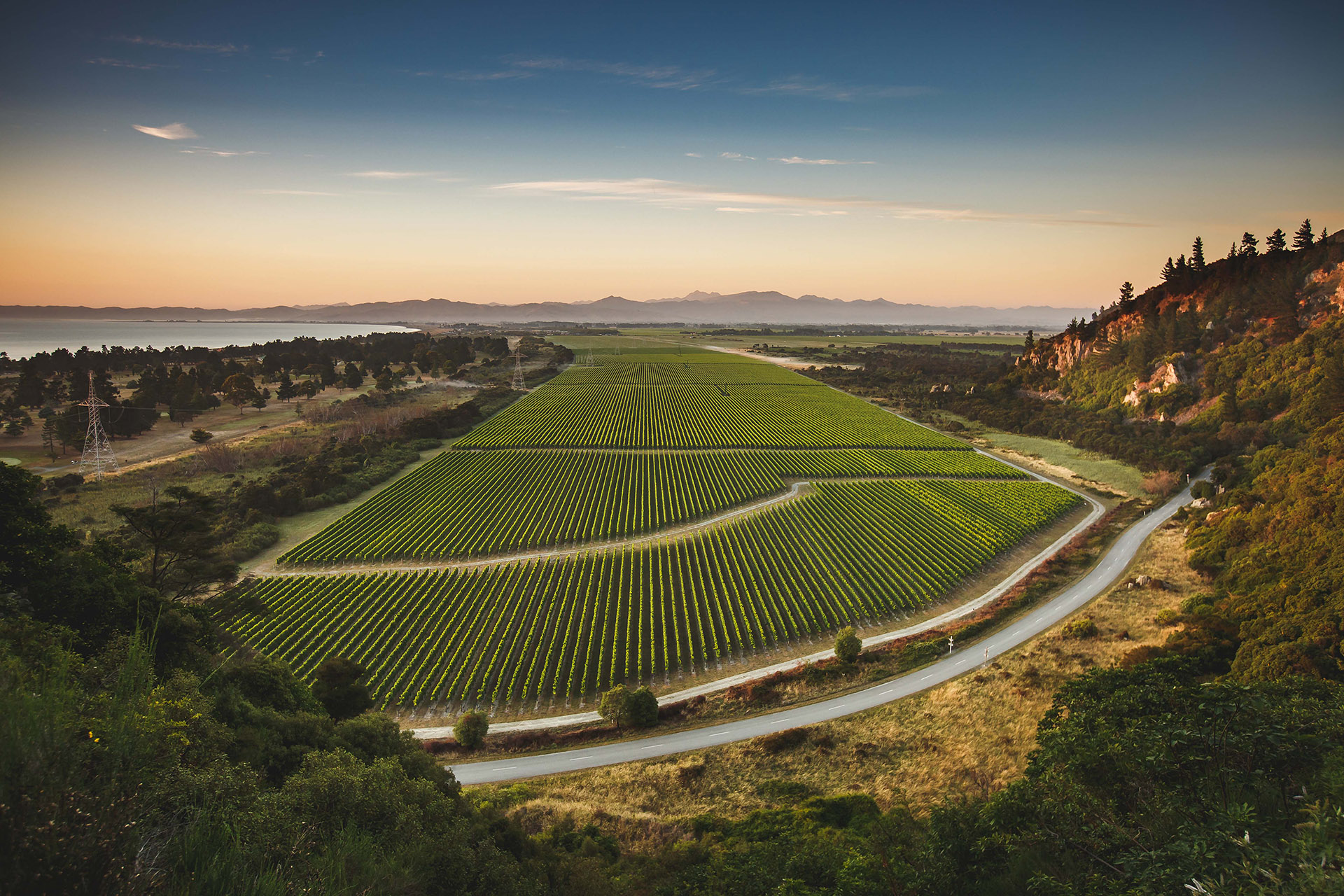
Winemaking has such a strong connection to heritage but there is also cool tech involved with the likes of Wine Grenade which Wither Hills has been working with. What are some more developments you would like to see in the industry?
I think there are great opportunities for artificial intelligence within the vineyards. It is happening already and developing at speed. In the not too distant future, we may see drones flying around and robots in vineyards tracking individual vines and helping and supporting humans with tasks that require accuracy methodology.
How does being a part of the Wither Hills family shape your winemaking?
Wither Hills has a strong history in the New Zealand wine industry. As a winemaker here, we can continue the traditions of making wines consumers love to drink made from healthy, well-tended vineyards. We also can experiment with our Cellar Collection release wines which allow us to get adventurous and innovative with our winemaking.
If you could try any wine from any year, what would it be?
So many to choose from, however it would be 2008 Domaine de la Romanee Conti Echezeaux from Burgundy, only because I have one bottle in my cellar, and I’m waiting for the perfect time and place to drink it.
What Wither Hills wine are you most proud of?
I love making the Cellar Collection release wines. I am especially proud of the Marlborough Benmorven 2015 and Marlborough Chardonnay 2017 Barrel Fermented Cellar Collection. It has had great feedback from wine shows and other winemakers who have tried it, which is always a great feeling.
What is involved in being charity Ambassador of Wither Hills and why is it important to you?
As Ambassador, it involves being the contact person, and the link for Wither Hills with the rest of the Lion team. The essence of the role is to have initiative, the desire and passion for the Charity, and volunteer my time to organise and attend events. The role of Ambassador means many things, to me, however, one of the most important is helping local people in the community, engaging with people, supporting and empowering the team with the new ideas. It is really great to have a purpose.
